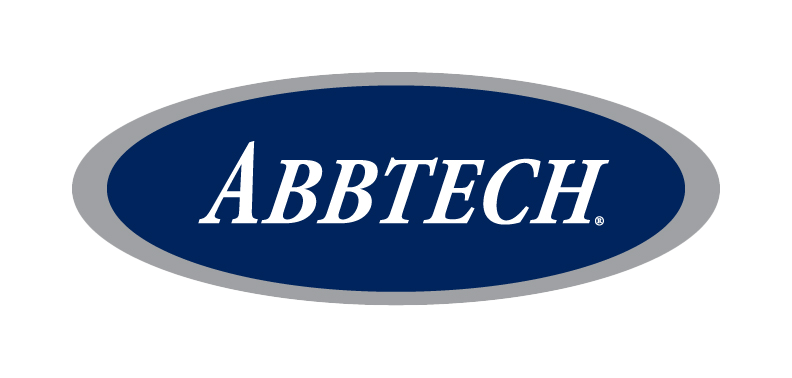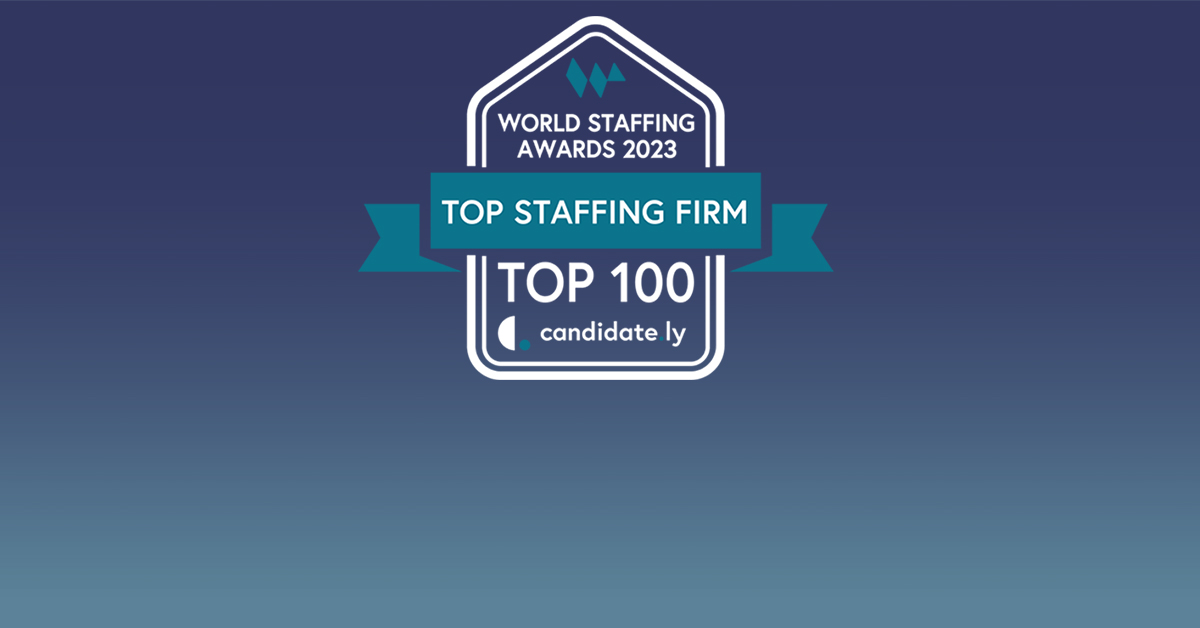Feeling stuck in your career is a common experience many of us face at some point. You may feel unfulfilled, lack motivation, and struggle to see a way forward. But there is hope! By asking yourself a few vital questions, you can gain clarity and start taking steps towards a more satisfying career path. Reflecting… Continue reading Stuck in a Job Rut? Three Questions to Help Get Yourself Un-Stuck
Tag: Staffing Firm
How Can Technical Professionals Improve Their Job Security?
Staying relevant, upskilling, and positioning yourself as an indispensable asset are critical to advancing your career.
Mechanical Engineering Careers: How to Stand Out Against Your Peers
This article will explore the key strategies and skills that can set you apart, from mastering cutting-edge technologies to honing your soft skills and highlighting relevant hobbies.
What is a “Perfect Job?” Does It Actually Exist?
The perfect job is a deeply personal concept. While it’s unlikely to find a job that checks every box and makes every day feel like a dream, there are roles out there that align with our values, play to our strengths, and bring us a sense of purpose and fulfillment.
Passively Job Searching? Three Tips for Staying Prepared at All Times
Passively Job Searching is a state of professional openness in which you remain receptive to intriguing openings without dedicating hours each week to applying.
What is a Government Public Trust Security Investigation?
A government public trust security investigation is a vital tool agencies use to ensure that only the most trustworthy and reliable individuals are entrusted with these responsibilities. By rigorously examining an applicant’s background and assessing their character, integrity, and suitability for a role involving public trust, these investigations help protect against the infiltration of untrustworthy individuals who could exploit their access for malicious purposes.
Project Management in the 20th Century: Trends, Challenges, and Opportunities
In this blog, we explore the historical trends, face the challenges head-on, and identify the opportunities that have shaped project management over the years.
Laid Off? Bouncing Back in Today’s Market
If you’ve recently been laid off, you’re likely not sure what to do next. Let’s look at some valuable tips that can help you.
Employee Layoffs: How to Conduct Layoffs Respectfully
While the process of handling layoffs is clearly outlined in federal and state laws, your top priority should be the employee’s dignity. If your company is facing the inevitability of layoffs, keep these tips in mind to make the entire process as effective and supportive for your employees as possible.
Hobbies To Put On Your Resume While Working in Engineering
It is a great idea to put hobbies on your resume. Let’s take a look at a few you should consider adding to your resume.
Online Reputation: Tips For Building a Solid Presence
Your company’s online reputation plays a significant role in driving overall recruitment, including passive candidates. Creating a solid, multi-faceted online presence that reflects your branding and values creates positive feelings in prospective job candidates and customers. A multi-faceted company presence includes a well-managed website, social media profiles, videos, and other media. Reviews and testimonials are… Continue reading Online Reputation: Tips For Building a Solid Presence
ABBTECH Named Among Top Staffing Companies
World Staffing Awards has named ABBTECH Professional Resources, Inc (ABBTECH) as one of the Top Staffing Companies to Work for in 2023. The award, presented by Candidate.Ly, recognizes superior achievement in performance and culture by top staffing companies. This year’s winners were honored during the World Staffing Summit, which took place on January 24, 2023.… Continue reading ABBTECH Named Among Top Staffing Companies
Improve Your Time Off with these 4 On-The-Job Hacks
Scheduled time off can lead us worry about the work that will be waiting when we return. Your PTO should be relaxing and restful. In this article we will discuss four tips and tricks to help you improve your time off make and your PTO more enjoyable.
Transforming an Under Performing Employee
If you feel like your team is suffering because of an underperforming employee, you have to consider why it’s happening and what you can do to manage it. Try these five steps to assess the situation and transform an underperforming employee:
How To Get Organized When You Need a New Job
Looking for a new job is exciting. It can also quickly become overwhelming if you haven’t adequately prepared. If you’re considering leaving your current job for something new, you need to know how to get organized as it can maximize your chance of success. In this blog, we’ll discuss some of our top tips to… Continue reading How To Get Organized When You Need a New Job
Are “Boomerang Employees” the Next Big Thing?
With many companies striving to find top talent, employers are softening toward rehiring former employees. As former employees, these “boomerangs” are considered less risky than a new hire. Based on their former employment, you know their skills and experience.
Is it Time for the 4-Day Work Week? Pros & Cons to Consider
Many companies are making changes in an effort to attract top talent and retain more workers. One concept generating interest and increasing in popularity is the 4-day work week. The 4-day work week compresses the traditional 40-hour work week into four days or shortens it to 32 hours a week. Modifying the work week in… Continue reading Is it Time for the 4-Day Work Week? Pros & Cons to Consider
3 Tips to Help You Earn a Promotion This Year
If you’ve been working toward a promotion at work, you may wonder if you can improve your chances of getting it in 2023. Earning a promotion raises your position in a company, as well as increasing your salary, benefits, and sense of accomplishment. Below are 3 tips to help you earn a promotion this year.… Continue reading 3 Tips to Help You Earn a Promotion This Year
5 Recruiting Trends We Expect to see in 2023
As more industries return to their pre-pandemic state, we can expect 2023 to be a year full of opportunity and innovation in the labor market. In this blog, we’ll discuss several of the recruiting trends that we expect to see in the new year.
How to Stand Out as an Entry-level Developer
Finding entry-level employment in any industry can be difficult, especially in the tech industry. With hot software development positions rising, standing out among more experienced competition can be tough. Tips on how to stand out as an entry-level developer are below. So, how can you stand out as an entry-level developer with so much competition?… Continue reading How to Stand Out as an Entry-level Developer




















